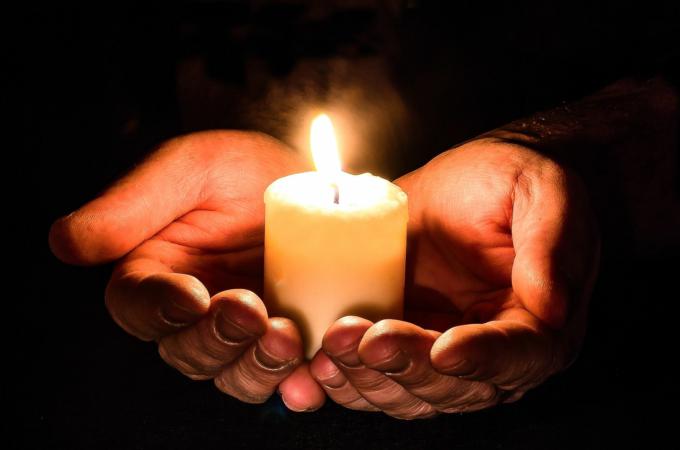Bright spots
It may seem crazy to speak of bright spots in the scandal surrounding Archbishop Theodore McCarrick, and admittedly they are few in number and not terribly bright--in no way comparable to the harm this dreadful affair has done. But they are bright spots all the same, and we do well to recognize them.
The brightest of them is that--finally--bishops took the lead in making the bad news public instead of suppressing it, only to have it dribble out bit by bit via court actions and other people's angry disclosures.
Credit Cardinal Timothy Dolan and the Archdiocese of New York with getting the ball rolling back in June by announcing that a Church inquiry had found allegations that the then-Monsignor McCarrick had engaged in sexual harassment of a teenage seminarian 47 years ago to be credible.
To be sure, in making this announcement Cardinal Dolan was only doing what he was obliged to do under the terms of the American bishops' procedures for handling cases of clergy sex abuse. But that's just the point--and also the bright spot: the system worked. For that at least let's give thanks.
I give rather less credit to the Archdiocese of Newark and the Diocese of Metuchen for chiming in with the news that years ago they reached settlements in two of three cases involving charges of sexual misconduct with adults by Archbishop McCarrick when he served as ordinary there in the 1980s and 1990s.
It is good that the New Jersey archdiocese and diocese said what they did, but it would have been a lot better if they had told others much earlier--including telling the Archdiocese of Washington, where Archbishop McCarrick was archbishop from 2000 to 2006.
Credit Pope Francis with moving swiftly to accept Archbishop McCarrick's resignation as a cardinal and ordering him to follow "a life of prayer and penance" pending the outcome of a Church trial.
It's a bright spot too that, as far as can be judged from the tone of their rhetoric, bishops who have spoken up about the new revelations are genuinely shocked and angry. That holds for Cardinal Daniel DiNardo, president of the U.S. Conference of Catholic Bishops, who sounded truly irate in his statement declaring that would do everything it could to dig out the facts of this case. "One way or the other, we are determined to find the truth in this matter," he said.
And it's encouraging as well that a number of bishops have called for a creation of a new panel or board to investigate not only the McCarrick case but any future allegations of sexual misconduct by bishops. Some such body is undoubtedly needed now--not least, as part of the effort to reestablish the credibility of the bishops in light of the latest scandal.
As that suggests, though, it would be a serious mistake to limit membership on this body to bishops. Membership by priests, religious, and lay people is essential. A bishops-only approach would reflect the clericalist style apparently operative in Archbishop McCarrick's rise to the topmost levels of the hierarchy despite the rumors and allegations concerning him.
The whole Church, lay members included, has suffered grievous injury in this affair, and it's going to take more than the clericalist paternalism of the past to set things right with an understandably outraged laity. If that simple lesson, sounding a death knell for clericalism, finally sinks in on Church leaders, that will be the brightest bright spot of all.
- Russell Shaw is the author of more than twenty books. He is a consultor of the Pontifical Council for Social Communications and served as communications director for the U.S. Bishops.



















